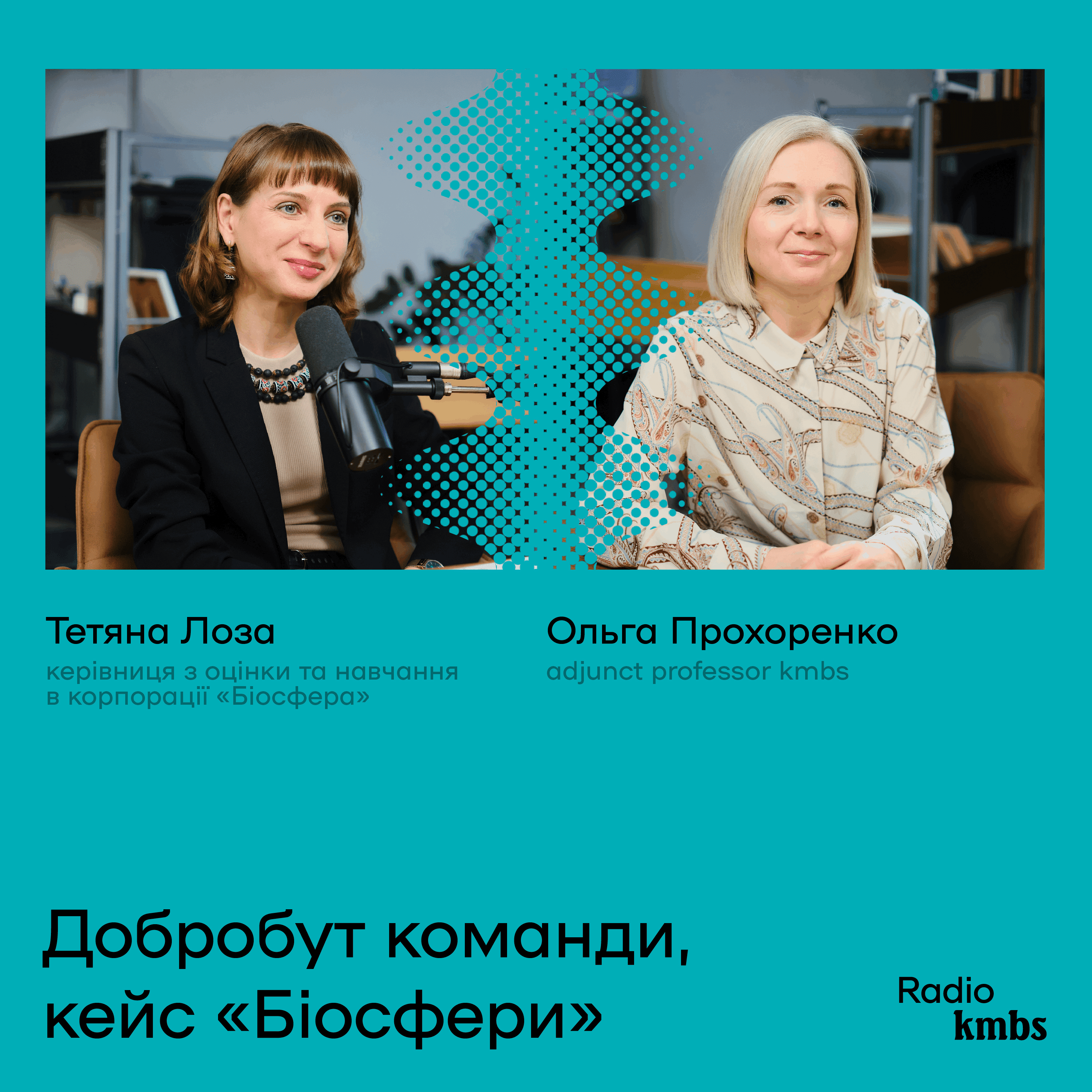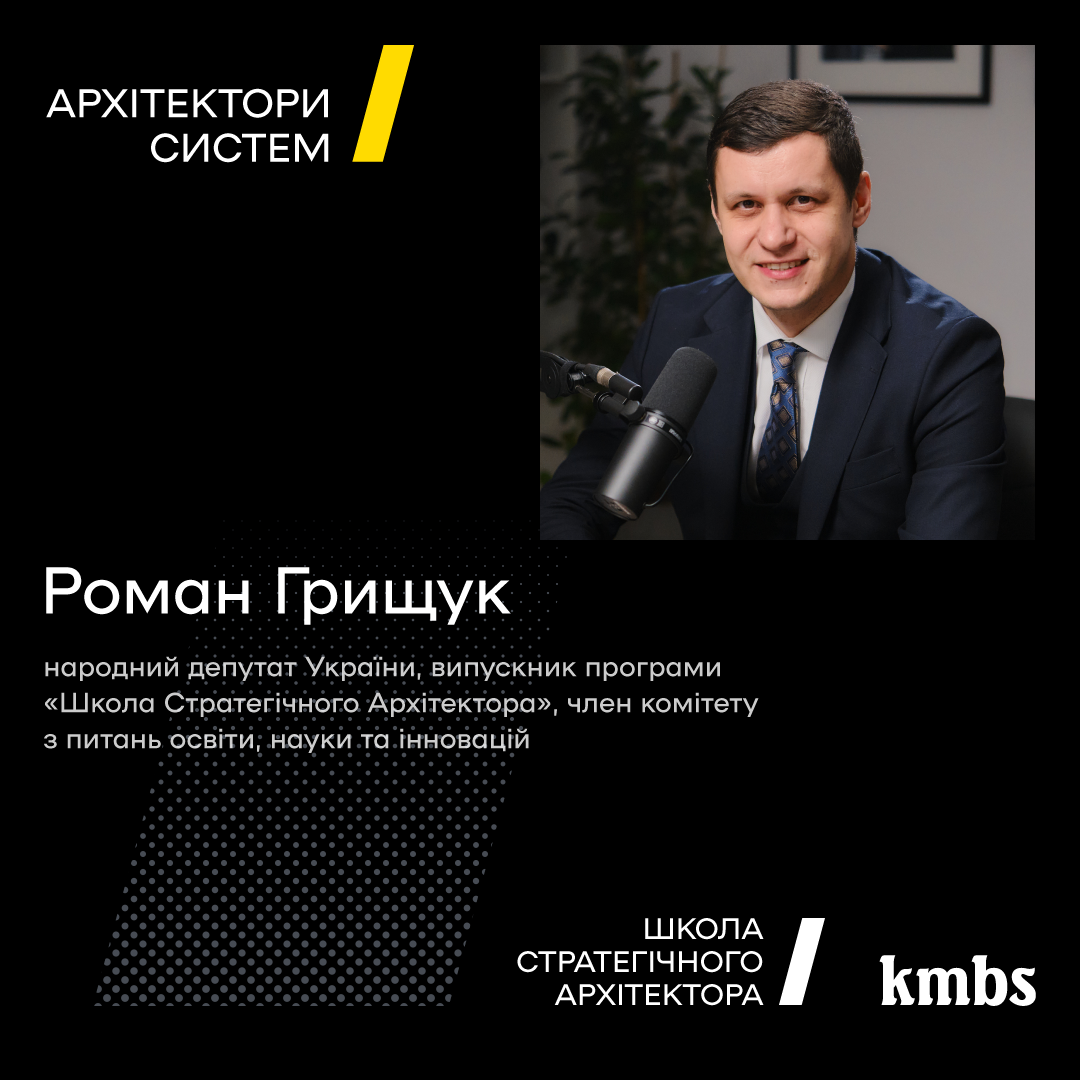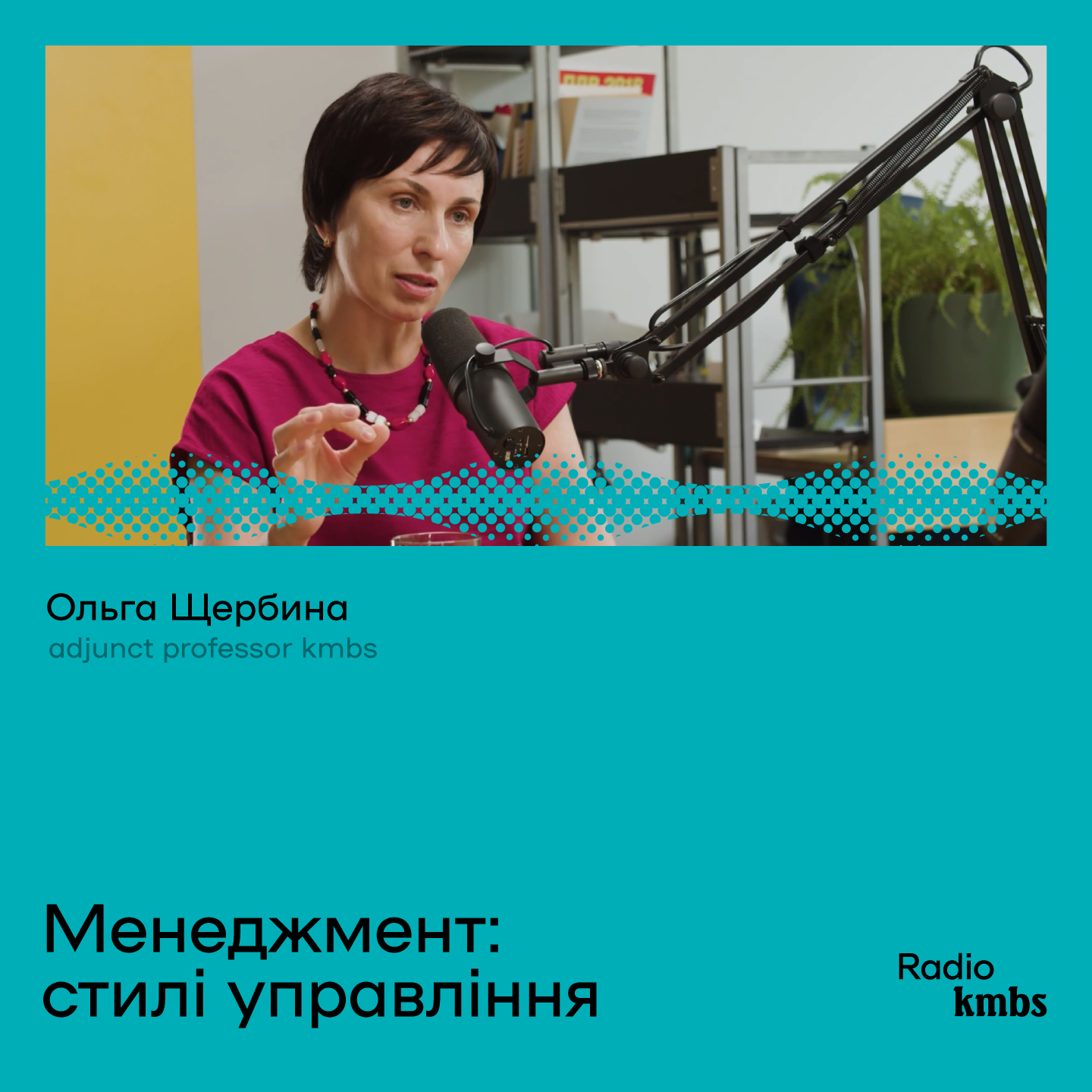Learn first
KMBS latest news in real time

For the latest KMBS events and news, visit KMBS Live at the top right corner of the screen
Open kmbs live 31.03.2022
31.03.2022 2980
2980 3min
3minReturning home
On the morning of February 24, I was in Kyiv, where I had come on business. I planned to fly home to Odesa the following day, but my expectations were not to come true. Explosions, sirens, unusual lighting… All of this was scary. Of course, we all knew about the threat of an attack from Russia, but I hoped it would not happen.
I started looking for a way to return home and finally was able to buy a ticket for a night train. The hotel where I stayed asked me to vacate the room immediately, and I spent the rest of the day in a bomb shelter in the subway. And on February 25, I was in Odesa. It didn’t even cross my mind to leave Ukraine — I can’t give up what I do, I love my business way too much.
Broken chains
On February 25, only two pharmacy networks remained open in Odesa: ours and another local company. All national networks did not work for some time. In general, the city seemed to be extinct in the first days. And even now it is half-alive; there are very few cafes and hairdressers operating.
My wife jokes that I run the business quite aggressively, so every year the company experiences some shocks, and the team is used to turbulence. And that is why we are quite good at dealing with complicated situations.
As early as February 24, I realized that we would face a shortage of medicines and supply problems. I immediately regretted that our distribution center only has a stock for 5 days, and not for 15 (we once discussed this with the team). I was aware that this would affect, first of all, people with chronic diseases who constantly need medication. Of course, I was not going to close our pharmacies. Even now they work in Odesa, and until recently, one was open even in occupied Kherson. Unfortunately, it is now impossible to replenish stocks there, since the logistics chains are broken.
On February 24 and 25, distributors did not process orders at all; instead, they were considering what prices to set. They were most concerned about their own risks, so they required us to close all deferred payments, and were willing to process subsequent orders only with prepayment. We still have to work that way. We do not like it, but at least this provides the most necessary medicines for the population.
Another problem was that the distributors did not transport the goods between the cities for three weeks. And when, say, Odesa ran out of insulin, which was available in Lviv, there was a problem. We tried to transport the goods ourselves, but it was not easy.
Now we would like to be able to import medicines, but the law is getting in the way. For example, we do not have the right to import medicines that do not have Ukrainian labels on the packaging. I hope that the law on parallel imports will be adopted and this problem will be solved. We are currently examining the changes in legislation that have already been approved by the government, and probably we will be able to import some important medicines. We are also looking for distributors in Poland and other EU countries; we are going to quickly increase new competencies.
The team and the initial shock
Some of our employees have left the country. The first wave coincided with the first weekend of the war. On February 28, some did not come to work without warning. Probably people were in a state of shock and tried to leave, forgetting about everything.
Almost immediately, we realized that the bottleneck was our distribution center. Many of its employees left, so on February 28, the heads of departments, the owner (myself), the operating director (Lilia, my wife (member of EMBA-38 group)) joined the work in the distribution center. We collected batches, accepted goods, and so on. It turned out that I can work as a collector and packager!
This lasted for almost 3 weeks. Now we have resumed the work of the distribution center by 80-90%, and the team has begun to return to its usual tasks, form an operational strategy and so on.
As of now, we were able to find a replacement for almost all the lost pharmacists at our outlets. But there are still some problems with filling vacancies for pharmacy managers. The team of top managers is now working in full force. We have already recovered from the first shock; Lilia helped people return to a more stable state. And we succeeded. Working at the distribution center also turned out to be very helpful, when you perform tasks, even routine ones, you have no time to be afraid.
Life under new circumstances
Now I feel rather strange. Let’s say I’m not used to coming back home from work until 10 p.m., and now I have to do so because of the curfew. You also have to sleep in unusual places, like a bathroom or a bomb shelter. Some houses in the suburbs of Odesa and in the city itself have already been destroyed. However, this has only strengthened the patriotic mood of the people of Odesa.
Like most Ukrainians, our company, in addition to traditional work, is engaged in useful business for the state. The military and the territorial defense brigades needed medicines, so we set up a headquarters that included all our office workers who could process orders. The first days there were very hot with plenty of complex requests and a lack of medicines… Everything had to be organized very quickly. In 2-3 days people decided between themselves who is responsible for what, and the process became smooth. This headquarters is still operational.
We also had a case of joining efforts with other businesses to deliver humanitarian aid from Moldova. Several companies needed different products (we needed dressings), and we were able to organize the delivery.
Today, more than ever, I feel that I bear the greatest responsibility in the company — for almost 170 employees, and their families. And if I give up, so will others. I am supported by this responsibility, love for our work and understanding of what we are working for. After all, there are medicines without which people will not be able to survive, and we must do everything to ensure the availability of medicines in pharmacies.










